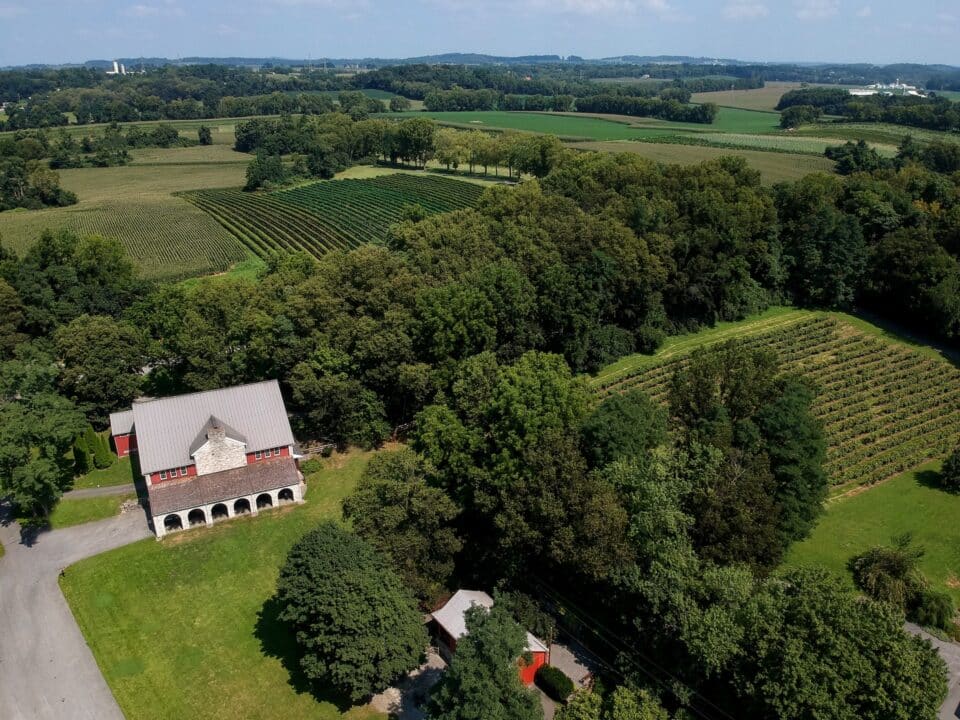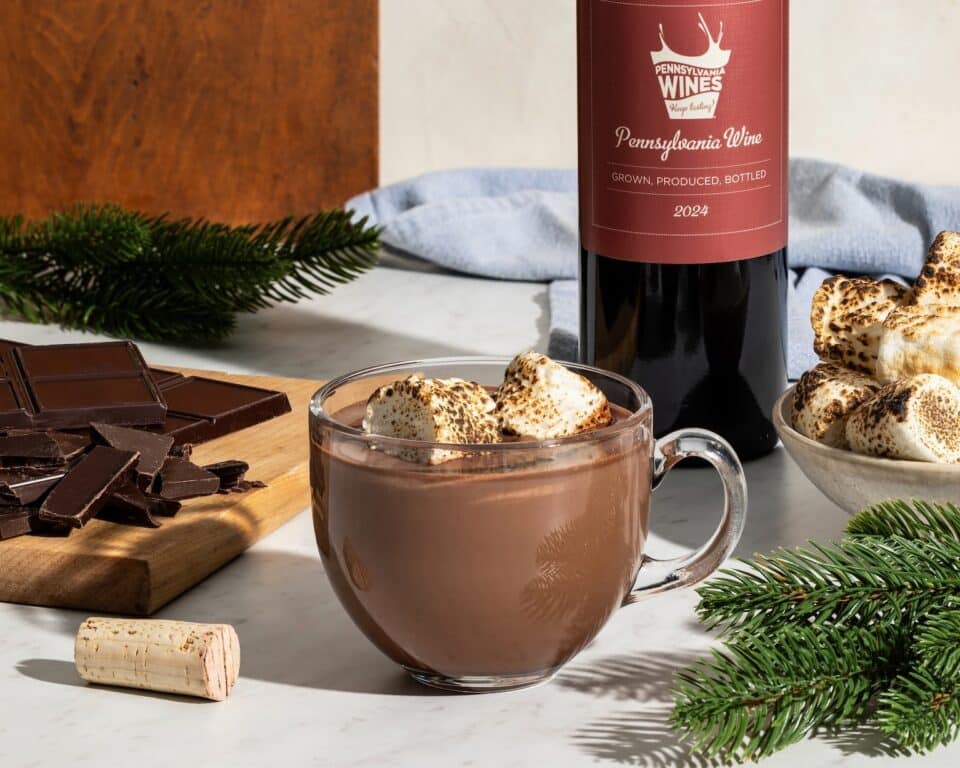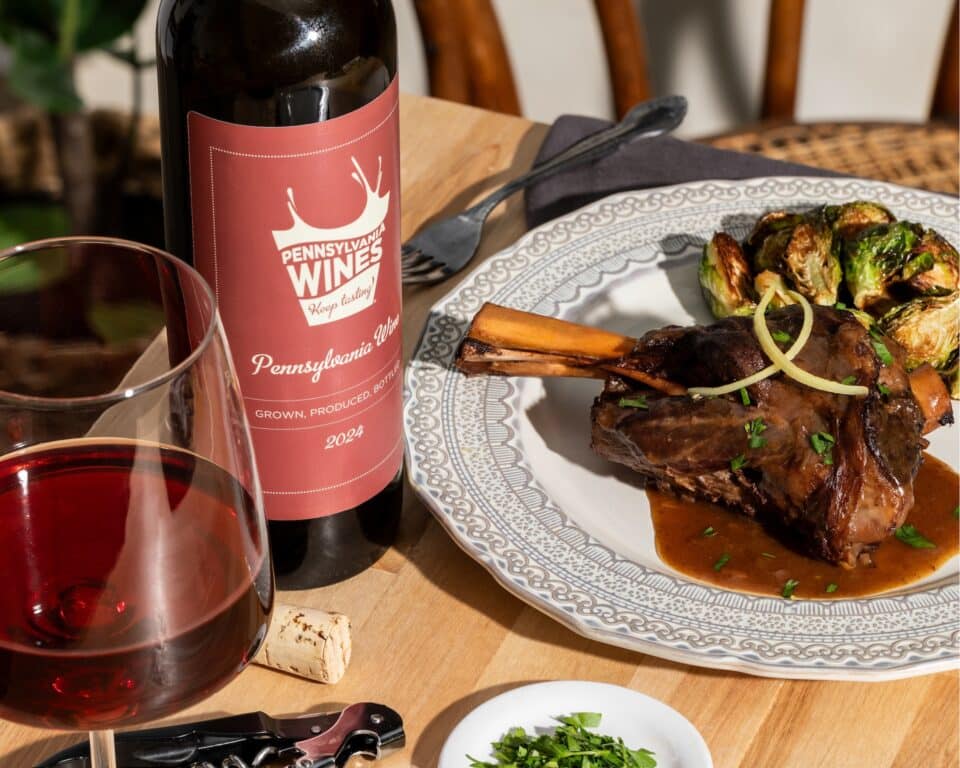Professional development takes many shapes and sizes, and for the team at the Pennsylvania Wine Association it includes digging into all-things-wine with the Wine & Spirit Education Trust (WSET). 50 PWA tasting room staff members took part in the WSET Level 1 Course this fall to deepen their understanding of wine, which they share with wine lovers of all kinds across the Commonwealth.

Virginia Mitchel, Grant & Marketing Manager and Abigail Miller, Association Director of PWA said, “This is an opportunity to have wintery team members become educated in the main types and styles of wine, common wine grapes and their characteristics, how to store and serve wine and the principles of food and wine pairing.” The idea is for staff to then share this knowledge with consumers in tasting rooms, and speak to the quality and perception of PA produced wines with enhanced mastery.
These courses aren’t exclusive to wine industry professionals, either. WSET offers courses that are available to the public at locations all over the world as well as online, including venues in Philadelphia (e.g. Fine Vintage and PhillyWine School) and Pittsburgh (e.g. Palate Partners).
Bob Trimble, WSET Instructor at Fine Vintage in Philadelphia says, “For both consumers and hospitality/food and beverage professionals, WSET Level 1 provides a solid foundation of wine knowledge. Many people learn about wine in bits and pieces, which can sometimes lead to outdated or inaccurate information. This course offers structured, reliable insights, making wine more enjoyable to learn about and understand. Overall, WSET Level 1 can enhance wine enjoyment, improve confidence in wine service, and deepen knowledge that supports the PA wine industry’s growth. Wine is simply more enjoyable with some knowledge and understanding!”
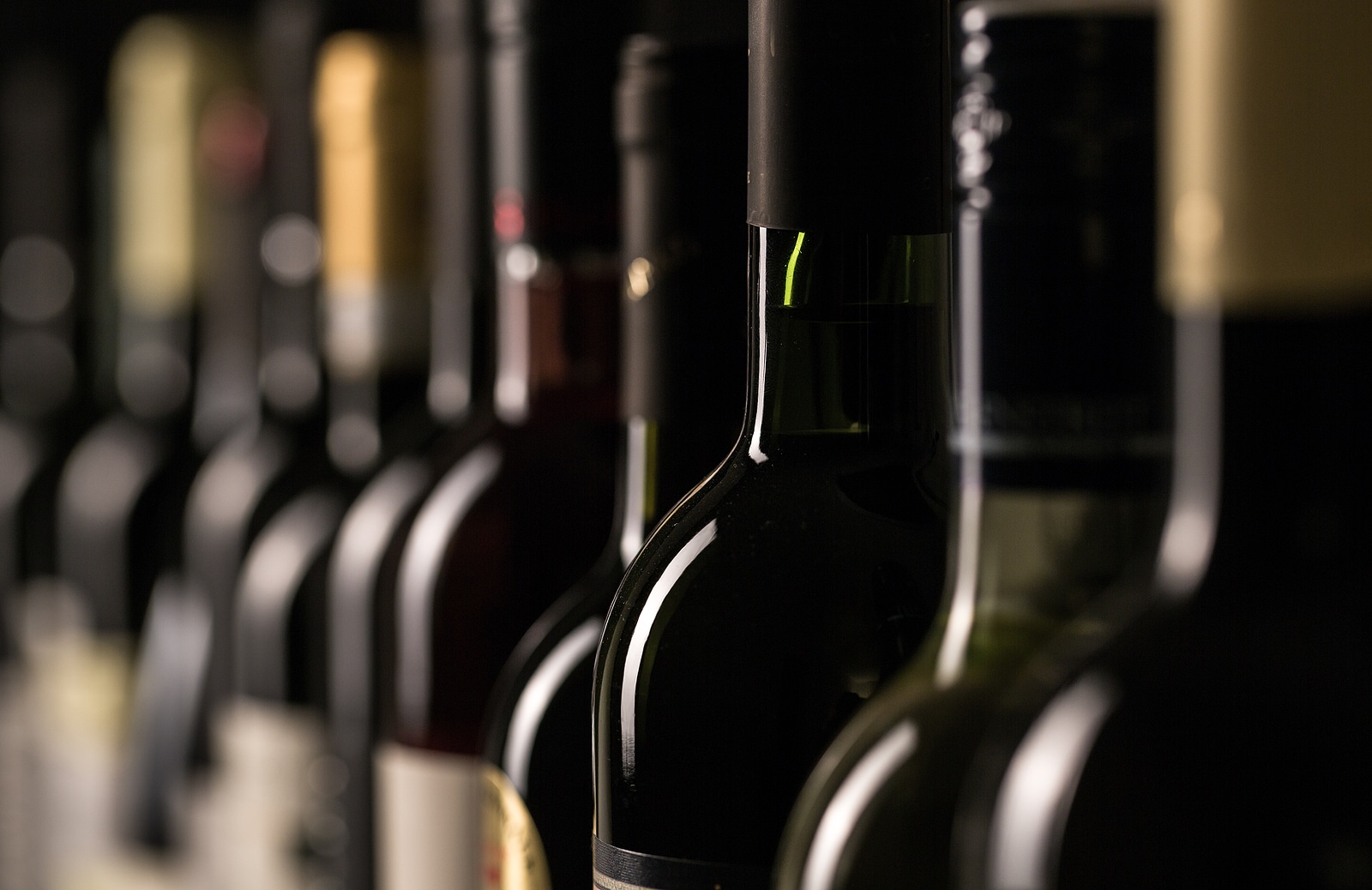
He shared an overview of the Level 1 Course content, which includes:
- How to taste and describe wines
- Food and wine pairing basics
- Characteristics of classic grape varieties
- Grape growing, terroir, and winemaking essentials
- Proper wine storage and service
- An introduction to Champagne and Port
- Tips for buying wine
Payton Jaenisch, Assistant Winemaker at Penns Woods Winery and Corey Ruggiero, Brand Ambassador at The Inn at Grace Winery, took the course this past fall. They were both surprised to learn more about powerful interplay between food and wine. Jaenisch says, “The pairings definitely shocked me in how food can affect the taste of a wine. For one of the tasting, we tasted a piece of lemon then tried a Riesling, and I was surprised at how the wine tasted much sweeter and fruitier after having the lemon than before. Additionally, we tried salt then tasted a full bodied red and it tasted much less tannic and lost a bit of the acidity. The pairing examples really illustrated how a good pairing can bring out characteristics of a wine, which is not something I had given much thought to before.”
Ruggiero says, “I used the pairing part right away when working with a local restaurant to pair our wines with their dinner menu.”
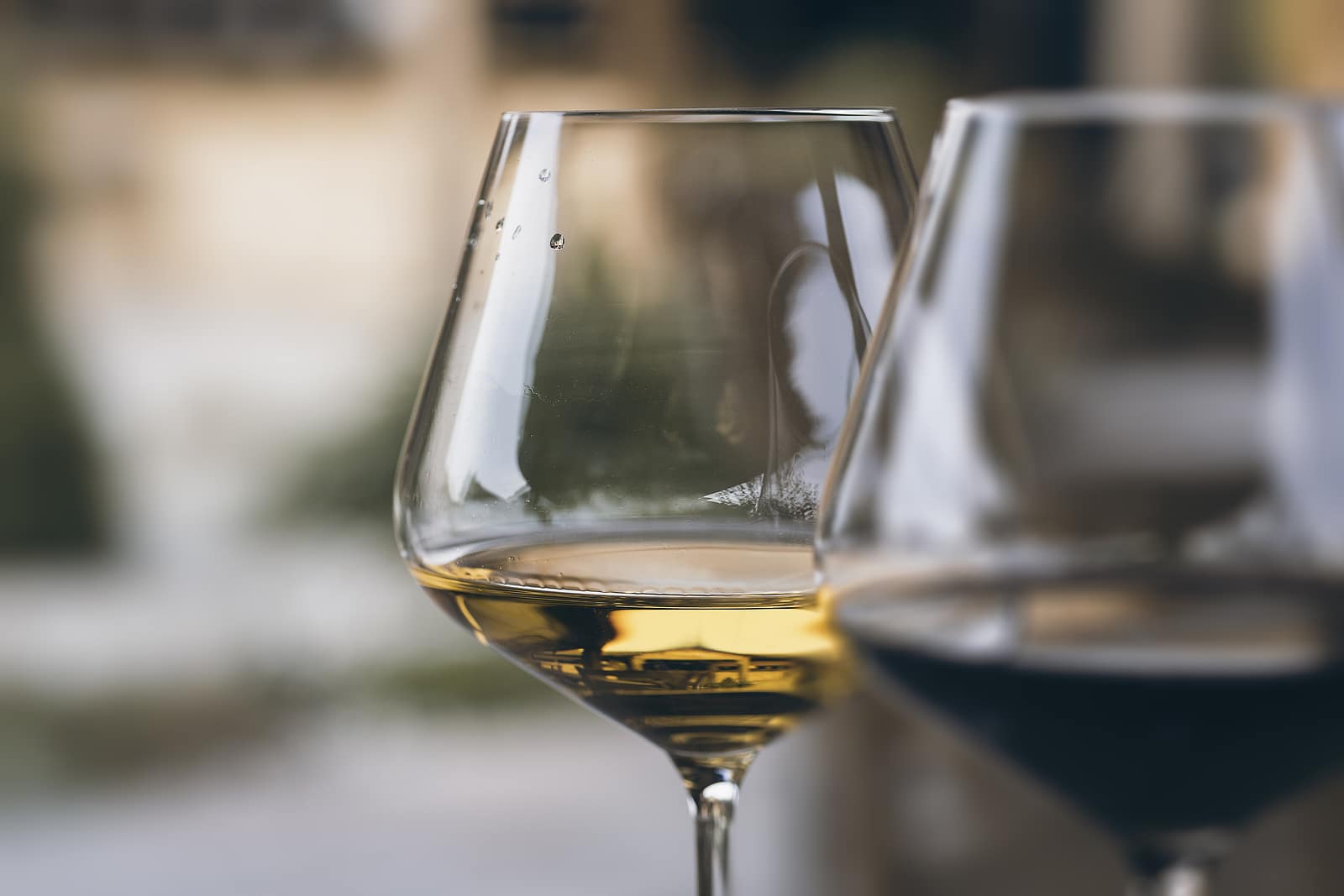
The group tasted a variety of wines from around the world including a Sauvignon Blanc from New Zealand, a Chardonnay from California, a 13 year-old Rioja from Spain and a Chianti from Tuscany. For Jaenisch, learning how to evaluate wines allowed her to find similarities in wines from opposite ends of the world. She says, “We were taught how to evaluate the color and how aspects like age and oxidation can make a big impact. We then spent time on how to evaluate acidity on your palette and comparing the different wines we had. The instructor did an excellent job on explaining how to interpret what you are tasting and opened class discussions to highlight the change in perception from person to person.”
While the course content spans the globe, it can apply directly to Pennsylvania growing regions and wines. Trimble says, “The WSET Level 1 course offers foundational knowledge that is relevant across the wine industry, regardless of region. Key topics covered, such as grape growing, terroir, wine characteristics and food pairings are universal building blocks for a solid wine education. By equipping Pennsylvania winery employees with this essential knowledge, we can help them better communicate and sell PA wines to a broader audience.”
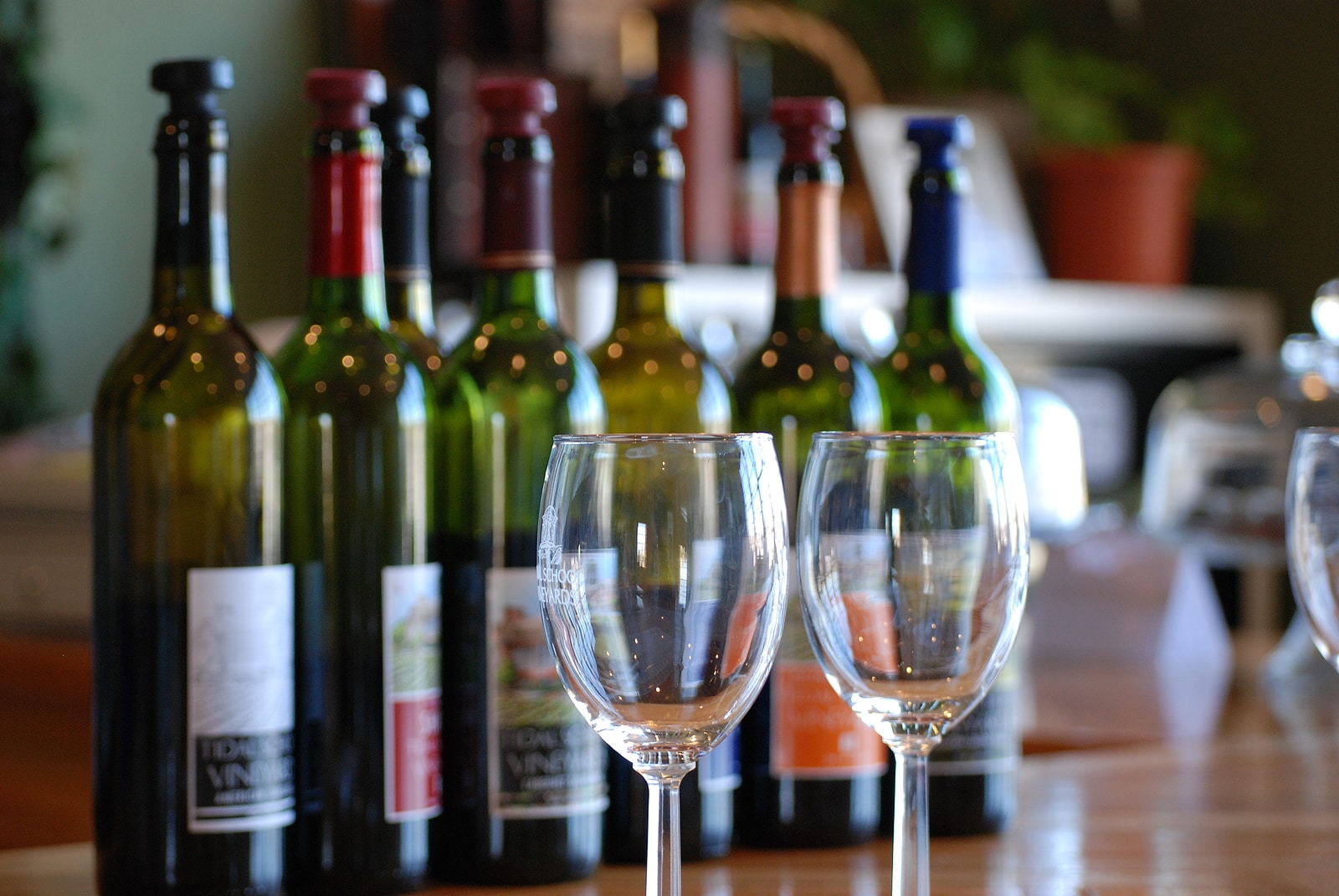
He says the course enables wine professionals to sell more wine, as their heightened knowledge builds consumer trust, which often translates to sales. He also believes it helps them correct misconceptions about Pennsylvania wines. “WSET-Certified employees can help reinforce that PA wines are relevant and current in the broader wine industry. Many consumers still perceive PA wines as primarily sweet or lacking in quality, a view from over 20 years ago that we can work to change.”
Jaenisch says, “I think the class offered the perfect foundation to build on as you try and experiment with more wine.”
For those interested in expanding their wine IQ through a WSET course, head to the WSET website and check out its offerings. You can also chat with the newly-certified PWA staff serving up extraordinary PA wines in tasting rooms across the state. The Pennsylvania Winery Association hopes to offer this course again for the PWA teams in 2025 as it continues to find opportunities to educate both industry members and consumers.
The PA Vines & Wines series was created in collaboration with the Pennsylvania Wine Association with Round 8, Act 39 grant funding from the Pennsylvania Liquor Control Board (PLCB).
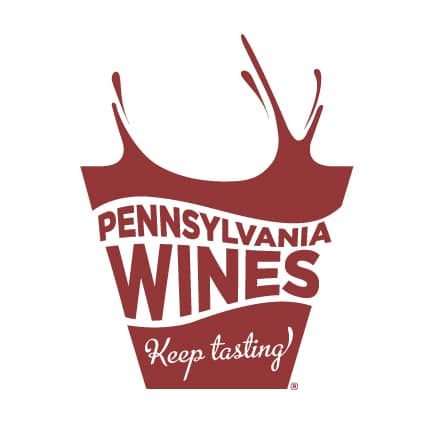
The Pennsylvania Winery Association (PWA) is a trade association that markets and advocates for the limited licensed wineries in Pennsylvania.
- Group photo: Wine & Spirit Education Trust
- Other photos: Bigstock
